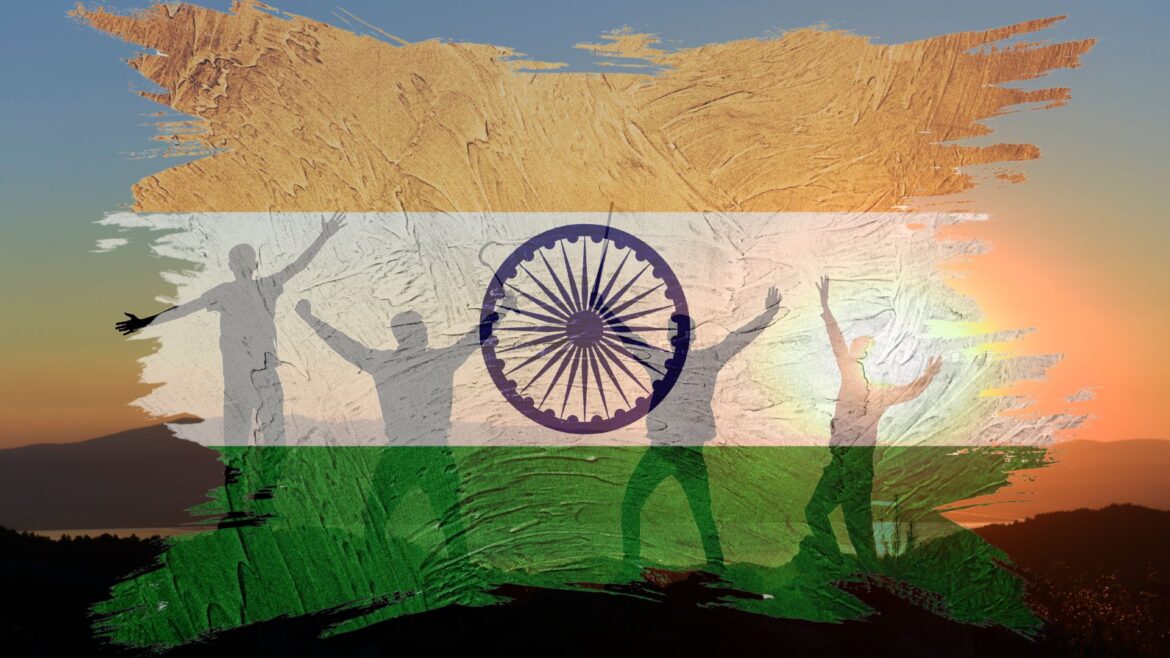India, the most populated country in the world, with 1.5 Billion people is swiftly moving towards becoming the fourth largest economy in the world by surpassing Japan. India’s Digital Public Infrastructure has played a crucial role in it’s structured and progressive growth. Building and implementing scalable, secure and interoperable digital systems has been crucial. These DPI systems facilitate governance, financial inclusion and innovation setting example for the world.
Some of the key initiatives under India’s digital public infrastructure are -
1. Aadhaar (Biometric-based Digital Identity)
Aadhaar in India is a unique 12 digital identification number for the Indian residents. It is the world’s largest biometric based digital identity system managed by Unique Identification Authority of India (UIDAI). Till now over 1.3 billion Aadhaar IDs have been issued. The Aadhaar have enabled seamless e-governance, has e-KYC (Know Your Customer) verification integrated across services like banking, telecom, saved billions in government subsidy leakages via direct benefit transfers via Aadhar linked bank accounts. Aadhaar has also enabled transparency in voting procedures during elections.
The use cases of Aadhaar are numerous and continuously evolving. Now hospitals are also integrating a user’s health history with the their Aadhaar number which can be used during emergencies.
2. UPI (Unified Payments Interface) – Real-time Payment System
Unified payment systems, popularly referred by it’s abbreviation UPI, is a real time digital payment system. It is developed by National payments corporation of India (NPCI). UPI enables instant money transfer between bank accounts using a UPI ID, mobile number or QR code via mobile apps. UPI has made digital payment quick, seamless without credit and debit cards, promoting financial inclusion.
The advantage with UPI is it’s integration across 200+ banks and fintech platforms in India and abroad, it supports P2P transfers, merchant payments and bill payments. As of 2024, there have been 100 billion transactions annually.
UPI is not being adopted globally by countries like Singapore via PayNow-UPI, UAE, France and Sri Lanka.
3. DigiLocker (Secure Digital Document Storage)
DigiLocker is a cloud based digital locker for government-issued documents. Developed by MeitY (Ministry of Electronics and Information Technology), it enables secure and easy access online. It can store aadhaar card, PAN card, driving license, vehicle registration, education certificates, insurance policies and more.
DigiLocker eliminates the need for physical documents and is used for paperless e-KYC verification across financial and government services. Till now it has over 220 million registered users and more than 6 billion issued documents. DigiLocker saves time and reduces bureaucratic inefficiencies.
4. CoWIN (COVID-19 Vaccination Platform)
CoWIN (COVID Vaccine Intelligence Network) app saved the backbone of India’s healthcare vaccine provision during covid. CoWIN was started as India’s vaccination tracking and management platform developed to streamline COVID-19 vaccine distribution seamlessly and effectively in a country with population over 1 billion.
The application enabled online appointment booking for vaccinations, generate digital vaccination certificates, vaccination history and reminders if vaccination was due. This application was also an open-source system which helped other countries develop similar platforms.
The impact of this application was evident, even without numbers to confirm. All citizen, irrespective of their caste, race, creed, status in the society were able to access vaccination efficiently through the right channels, minimising corruption and bureaucratic inefficiencies to almost negligible. 2.2 billion+ COVID-19 vaccines were administered, 100% digital certificates were issued for vaccinated individuals. This application became a leading example how healthcare services and vaccination programs can be digitised.
5. ONDC (Open Network for Digital Commerce)
Developed by Department for Promotion of Industry and Internal Trade (DPIIT), ONDC is India’s open e-commerce network, aiming to break monopolies in online shopping, empowering small businesses in India.
The objective of this platform is to increase the e-retail penetration in India to its maximum potential, reach out to majority of sellers, especially in small towns and rural areas. The ONDC network has successfully covered 616+ cities, has 13 active industry domains, 277 network participants, 7.64+ Lakh sellers / service providers, 16+ million total orders (in Jan 2024, as per available data).
The applications under ONDC help small sellers and local businesses to sell online without depending on the domain marketplaces like Amazon or Flipkart.
6. DigiYatra App (Seamless and Contactless Air Travel)
DigiYatra was developed Digi Yatra Foundation, a non-profit established by the Ministry of Civil Aviation. This digital application aims to provide a seamless, paperless and contactless experience for air travellers at Indian airports. At present it is only available for domestic travel within India. It uses biometrics like facial recognition technology as a ‘single token’ to verify passenger’s identity, linked to their boarding pass.
DigiYatra app allows faster movement through airport checkpoints like entry gates, security checks and while boarding. The app also provides passengers with information on flight status, gate changes and other travel relevant details. Passenger’s data is shared between the passenger and the airport of travel origin within 24 hours of flight departure.
By automating identity verification DigiYatra has been successful in cutting down queue lengths and processing time, especially during peak hours. Travellers no longer need to present physical boarding passes and ID cards. The biometric verification reduces risk of identity fraud and unauthorised access, strengthening overall airport security.





